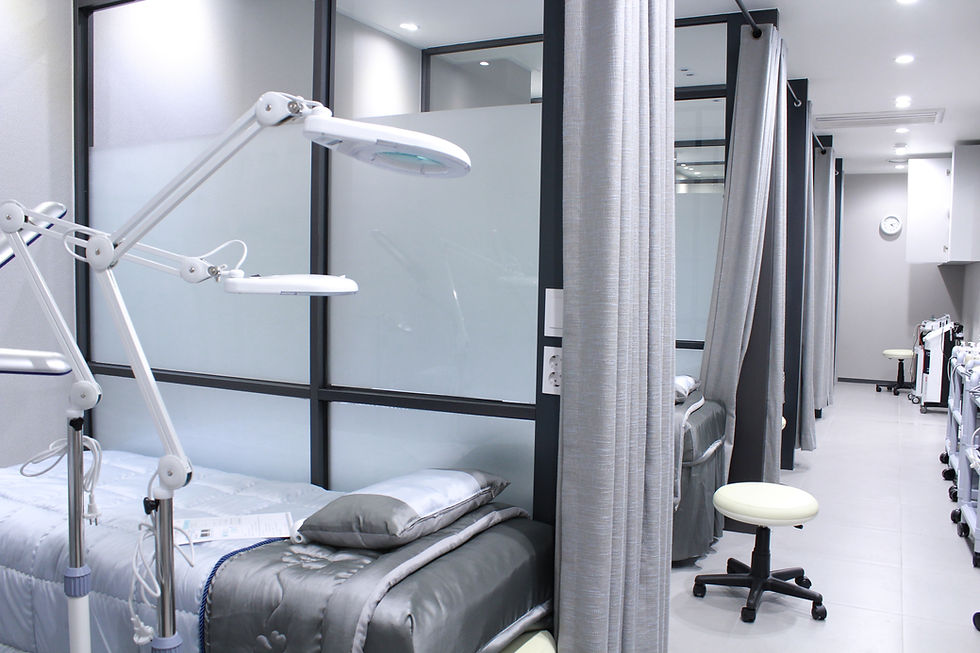In the modern world of medicine, lasers have become indispensable tools in various surgical procedures. Their precision and ability to cauterize tissues make them invaluable assets for
surgeons. However, the extraordinary power of lasers also brings forth significant safety concerns. In the operating room, where patient well-being is paramount, ensuring laser safety is not just a preference; it is an absolute necessity. This blog delves into the importance of safety when using lasers in the operating room and the measures taken to protect patients, medical staff, and sensitive equipment.
1. Patient Safety Comes First
In the operating room, patients are at their most vulnerable state. Any laser-related accident can have dire consequences for their health and well-being. Ensuring laser safety in the operating room is an ethical obligation that medical professionals must uphold. Implementing strict safety protocols, including proper laser training, equipment maintenance, and protective measures such as laser blocking blinds or curtains can minimize the risk of laser-related injuries and enhances patient outcomes.
2. Protecting Medical Staff
Surgeons, nurses, anesthesiologists, and other medical staff working in the operating room are exposed to lasers regularly. Prolonged or direct exposure to laser beams can lead to eye injuries or even permanent blindness. Therefore, it is crucial to provide medical personnel with adequate protective gear, such as laser safety goggles or face shields. Furthermore, ongoing safety training and awareness programs keep the medical team informed about potential risks and safe practices.
3. Preventing Equipment Damage
Lasers are intricate and expensive pieces of medical equipment. Mishandling or improper use can lead to costly damage or malfunction. Regular maintenance, calibration, and adherence to manufacturer guidelines are essential to ensure the laser's optimal performance. This approach not only protects the investment made in the laser but also maintains consistent surgical quality and outcomes.
4. Maintaining a Safe Environment
The operating room is a high-stress environment with numerous distractions. Amidst the flurry of activities, laser safety protocols may inadvertently be overlooked. By establishing a culture of safety, hospitals can enforce strict guidelines for laser use, reduce distractions, and foster a more focused, attentive surgical team. This approach ensures that lasers are only utilized when necessary and with utmost care.
5. Complying with Regulatory Standards
Regulatory bodies, such as OSHA and CDRH, have established laser safety standards that medical facilities must adhere to. Compliance with these regulations is not optional; it is legally mandated to protect patients and staff. Failure to meet these standards can result in serious legal repercussions and jeopardize a hospital's reputation.
6. Continuous Education and Training
The field of laser technology is ever-evolving. Regular training sessions and education for medical professionals are essential to keep them updated on the latest advancements and safety practices. With continuous learning, medical staff can confidently integrate lasers into surgical procedures while maintaining a strong focus on safety.
Lasers have revolutionized modern medicine, but their use in the operating room must always prioritize safety. Through rigorous training, adherence to safety protocols, and maintaining a vigilant environment, medical professionals can mitigate the risks associated with laser technology. Emphasizing laser safety not only protects patients and medical staff but also fosters a culture of excellence in surgical care. By recognizing the importance of safety when using lasers, hospitals can continue to harness the full potential of these powerful tools while upholding their responsibility to do no harm.
RT Technologies specializes in laser safety! Brouse our catalog or check out our website to find the safety solution that's right for your application. Need assistance? Give us a call at 770.332.0092 or send us an email: contact@rtlsersafety.com


Comments